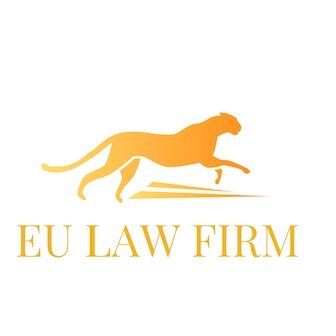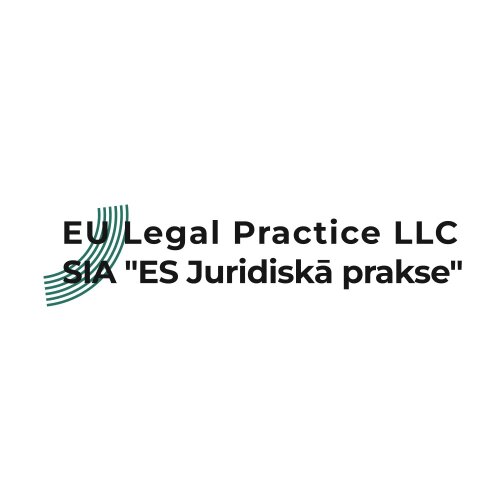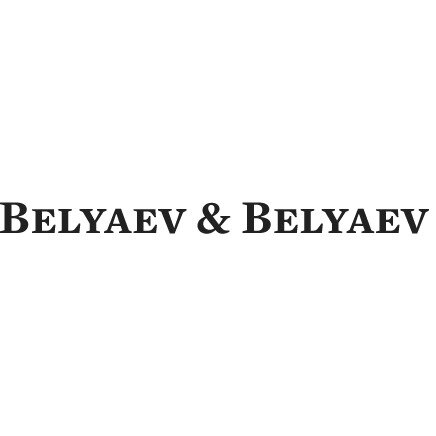Best Art & Cultural Property Law Lawyers in Latvia
Share your needs with us, get contacted by law firms.
Free. Takes 2 min.
Or refine your search by selecting a city:
List of the best lawyers in Latvia
About Art & Cultural Property Law in Latvia
Art & Cultural Property Law in Latvia governs the legal aspects related to the protection, ownership, transfer, and restitution of art and cultural properties within the country. This field of law ensures the preservation of Latvia's rich cultural heritage, especially considering its historical significance and the influence of various cultural movements. The legislation in this area is designed to protect cultural property from illicit exportation and importation, theft, and illegal trade, while also facilitating the proper management and conservation of cultural assets.
Why You May Need a Lawyer
There are several situations where individuals and organizations may need legal help in Art & Cultural Property Law:
- Disputes over ownership or provenance of art pieces.
- Issues related to the export or import of cultural property.
- Legal challenges involving intellectual property rights of art or artists.
- Negotiating sales, acquisitions, or loans of art and cultural objects.
- Claims for restitution of artworks looted during wars or colonial periods.
- Compliance with heritage preservation regulations.
- Resolving conflicts related to cultural heritage sites.
- Drafting and reviewing contracts for art deals or exhibitions.
- Litigation involving forgery or counterfeit art.
- Consulting on tax implications of art ownership and transactions.
Local Laws Overview
Latvia's legal framework for Art & Cultural Property Law includes several key legislative instruments aimed at preserving cultural heritage:
- Cultural Heritage Law: This law outlines the principles for protection, preservation, and use of cultural monuments. It includes specifics on the registration and management of cultural sites.
- Law on Museums: Regulates the operation of museums and the management of collections to ensure proper care and access to the public.
- Law on The Protection of Cultural Property: Details the control measures for the export of cultural goods and the restitution of unlawfully removed cultural items.
- Intellectual Property Law: Offers protection to artists and creators for their works, encompassing copyright rules.
Frequently Asked Questions
What is considered cultural property in Latvia?
Cultural property in Latvia includes a range of items such as artworks, monuments, manuscripts, and artifacts that hold historical, artistic, scientific, or cultural significance.
Do I need a permit to export cultural objects?
Yes, exporting cultural objects from Latvia typically requires a permit, as there are stringent regulations to prevent illegal exportation.
How can I verify the provenance of an artwork?
Provenance can be verified through historical records, expert authentication, and consultation with art historians or legal experts specialized in this field.
What are the penalties for illegally exporting cultural property?
Penalties can include fines, confiscation of the goods, and potentially criminal charges depending on the severity and circumstances of the illegal action.
Can cultural property be confiscated at the border?
Yes, if cultural property is being exported without proper permits or documentation, customs authorities have the right to confiscate it.
Is there any legal assistance available for artists in Latvia?
Yes, several legal professionals specialize in art law, and there are organizations such as the Latvian Artists' Union that may offer resources or support.
What steps are involved in the restitution of stolen artworks?
Restitution involves proving ownership, often requiring historical documentation or expert testimony, followed by legal proceedings to reclaim the item.
How are disputes involving digital art resolved?
Digital art disputes are typically resolved under intellectual property law, with consideration to copyright and digital rights agreements.
What is the role of the National Heritage Board of Latvia?
The National Heritage Board administers and supervises the protection of cultural heritage in Latvia, implementing related laws and policies.
How can one report the illicit trade of art in Latvia?
Concerns about illicit trade can be reported to local authorities, such as the police, or through channels managed by the National Heritage Board or INTERPOL.
Additional Resources
Here are some useful resources and organizations related to Art & Cultural Property Law in Latvia:
- National Heritage Board of Latvia: Provides information and support related to heritage conservation and laws.
- Latvian Artists' Union: May offer resources and guidance for artists regarding legal issues.
- Ministry of Culture of the Republic of Latvia: Oversees cultural policies and issues including cultural property.
- European Union Intellectual Property Office (EUIPO): Offers guidance and legal resources on intellectual property rights.
Next Steps
If you require legal assistance in Art & Cultural Property Law in Latvia, consider the following steps:
- Identify the specific nature of your legal issue and gather all relevant documents and information.
- Consult with a lawyer who specializes in Art & Cultural Property Law to understand your legal position and options.
- Contact relevant organizations or government bodies mentioned in the Additional Resources section for guidance or references.
- Prepare to engage in discussions or negotiations based on legal advice, ensuring compliance with local laws and regulations.
- Consider attending workshops or seminars to increase your understanding of art law and related legal frameworks.
Lawzana helps you find the best lawyers and law firms in Latvia through a curated and pre-screened list of qualified legal professionals. Our platform offers rankings and detailed profiles of attorneys and law firms, allowing you to compare based on practice areas, including Art & Cultural Property Law, experience, and client feedback.
Each profile includes a description of the firm's areas of practice, client reviews, team members and partners, year of establishment, spoken languages, office locations, contact information, social media presence, and any published articles or resources. Most firms on our platform speak English and are experienced in both local and international legal matters.
Get a quote from top-rated law firms in Latvia — quickly, securely, and without unnecessary hassle.
Disclaimer:
The information provided on this page is for general informational purposes only and does not constitute legal advice. While we strive to ensure the accuracy and relevance of the content, legal information may change over time, and interpretations of the law can vary. You should always consult with a qualified legal professional for advice specific to your situation.
We disclaim all liability for actions taken or not taken based on the content of this page. If you believe any information is incorrect or outdated, please contact us, and we will review and update it where appropriate.
Browse art & cultural property law law firms by city in Latvia
Refine your search by selecting a city.












